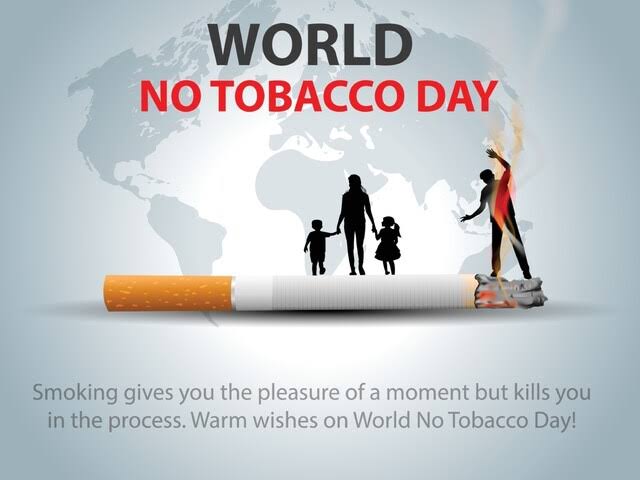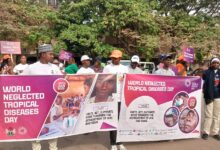There Are Now 19m Fewer Smokers Globally -WHO

By Alice Etuka, Abuja
The World Health Organisation (WHO) has said there were now 19 million fewer smokers globally than there were two years ago.
WHO Regional Director for Africa, Dr. Matshidiso Moeti disclosed this on Friday, May 31, 2024 in her message commemorating this year’s World No Tobacco Day.
Moeti, though elated by the decline recorded in the use of tobacco expressed worry about the ugly trend of tobacco industries’ relentless targeting of young people.
“Tobacco use is declining in 150 countries, and there are now 19 million fewer smokers globally than there were two years ago.
“This year’s theme, ‘Protecting children from tobacco industry interference,’ aims to rally global efforts to safeguard young people from harmful products.
“The statistics are troubling: globally, over 37 million young people aged 13 to 15 are using tobacco, with African youth facing usage rates of 11.1% for boys and 7.2% for girl.
“The tobacco industry employs deceptive marketing strategies, often leveraging social media and influencers to appeal to young people. This marketing increases youth exposure to tobacco products, contributing to the estimated 7 million young tobacco users in the African Region”, she said.
Speaking on the severe health risks of second-hand smoke, Dr. Moeti said, “an estimated 1.3 million people die from second-hand smoke every year. These deaths are entirely preventable. People exposed to second-hand tobacco smoke are at risk of dying from heart disease, stroke, respiratory diseases, type 2 diabetes, and cancers”.
In response to these issues, 45 countries in the African Region have ratified the WHO Framework Convention on Tobacco Control (WHO FCTC), and 22 have adopted the protocol to eliminate illicit trade in tobacco products.
The WHO Africa Regional Director stated that, one of the region’s notable successes was the decline in adult tobacco use, from 14.9% in 2010 to 9.5% in 2023. “The 2023 WHO Global Report on Trends shows that 22 countries in the African region are on track to achieve a 30% reduction by 2025 relative to 2010 rates”, she said.
Speaking on the need to enforce robust tobacco regulations, Dr. Moeti said, “Countries should implement stringent controls on marketing strategies and introduce safeguards to protect tobacco-control policies from industry interference,” she also added that Public Awareness campaigns about the tobacco industry’s deceptive practices were essential.
She further emphasised the importance of collaboration, urging, “All our partners, including other UN agencies, civil society organizations, and communities, must support strong measures that protect youth from the harm of tobacco products.
“Ensuring a 100% ban on public smoking and the use of electronic cigarettes, along with applying excise taxes to reduce consumption, are effective strategies. Communicating health risks through graphic warnings is also critical in educating the public, particularly children and youth”, she said.






